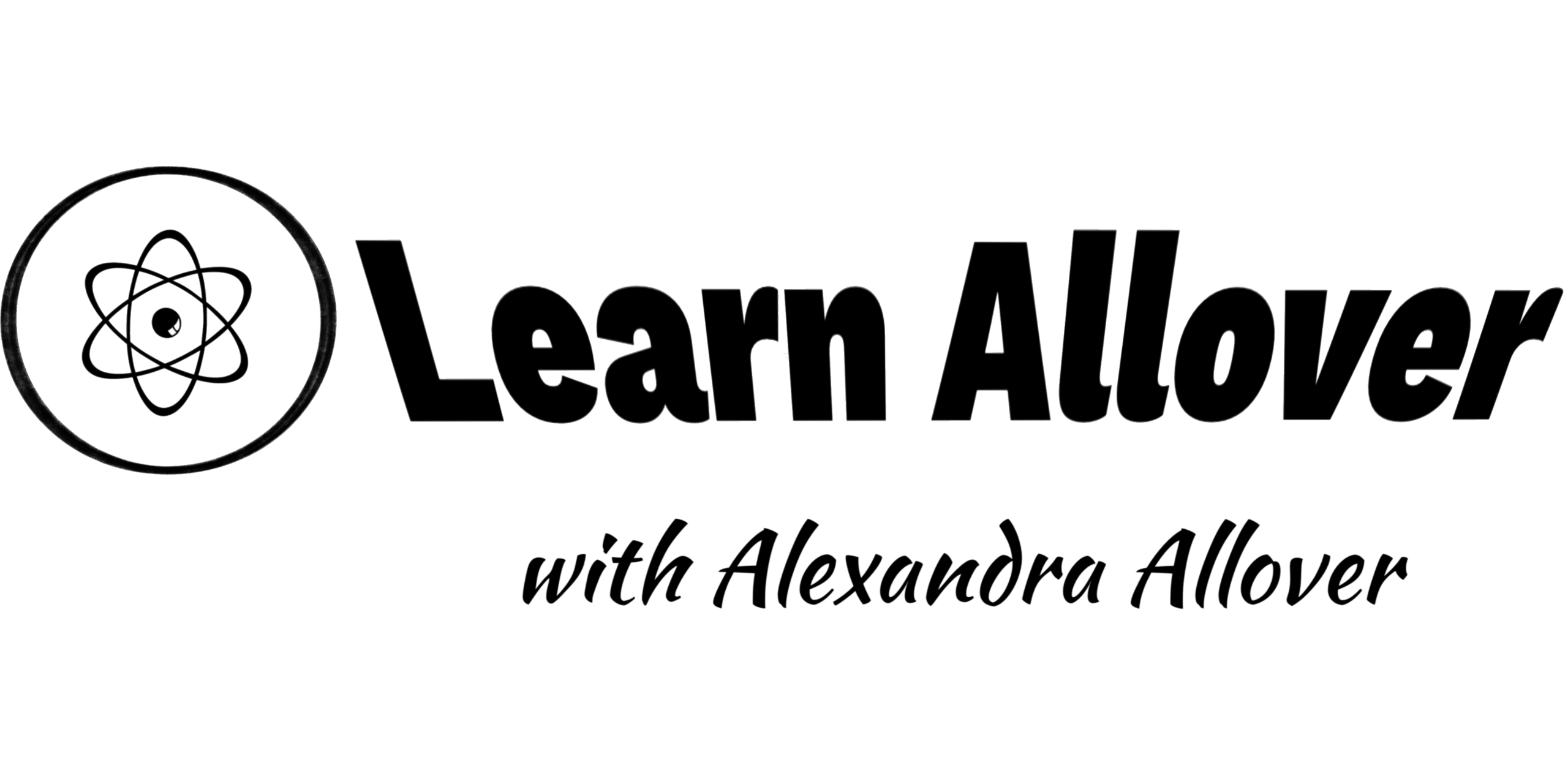How to save time studying? RECALL vs. RECOGNITION for test preparation
Self-testing is a must before every test. But which study method saves time and also improves your memory?🤷🏻♀️
While studying you might think, ”ah I’ll think of that answer for sure, that seems easy…” but especially if you study fast, re-accessing your memory might be hard.
Self-testing is a must before every test!
The idea is simple:
Write your own study questions instead of taking notes! Use one of the Flashcards learning apps recommended in my time and organization management course or simply write a list of questions on your computer or a notepad.
When you reinforce your memories by testing them, they get much stronger than if you simply re-read a passage. Don’t waste your time trying to re-read rules or textbooks in order to memorise them. Test yourself to strengthen your memory.
How to test yourself? Recall vs. recognition
The so-called “testing effect” is shown by lots of research indicating that testing is more effective at test performance than re-studying.
However, you only benefit from testing yourself if you use the retrieval mode of “recalling”; meaning you do not see multiple answers, of which one is the correct one. (E.g. “What is the capital of Canada?”)
The opposite of retrieval mode would be “recognition”, as in “Is the capital of Canada Ottawa or Montreal?”
Why is recall testing better for test prep?
Studying with recall practice is vastly superior to recognition practice; even if the actual test in school that you’re studying for is a recognition test, such as multiple choice! This is because it automatically encourages deeper processing of the study material.
What do I recommend for test prep?
If you know, you’ll have to take a multiple choice test, I recommend using only ¼ of your study time with recognition testing. The other ¾ go for free recall. You’ll benefit from it a lot more!!
My study tips for your test prep
You may call your practice test a “quiz” or “check-up”, and if you want to emphasize how much you learned while studying, I recommend doing a quiz at the beginning of your study sessions, and again at the end. You will see how much progress you’ve made!
Also, mix up questions from all different chapters and subjects in order to simulate a test situation better.
Try to go through the questions of your quizzes in all kinds of different contexts and environments. That means you change up your study environment (study in your bedroom, in the kitchen, outside in the garden, etc.) and in different contexts (different moods you’re in like sleepy, active, lying in bed, walking around the house, sitting on a chair, etc.)
By creating as many contexts and environments as possible during the study phase (i.e. when you store your memories) you’ll be able to access them more easily in a stressful situation because you created so many connections in your brain!
Btw check out my video on self-testing!
Hope that helped! 😊 These and other academic study tricks you will find in my easy-to-access online courses for schools and students!
If you are a parent or student looking for more tips, keep reading below!

FOLLOW me on
🔴 Youtube
✍️ Read more BLOG posts!
P.S.:
More support for students
If you are looking for more academic support, I can offer you access to the academic coaching course for students and teachers. Check out this offer for schools if you want to find out how to apply proven learning strategies, techniques to boost motivation and valuable test preparation skills.
Support for parents: Teens’ mental health
If you are looking for support regarding your child‘s mental health and want to improve your relationship with them, I want to suggest one of my free resources: the DIY Coaching Kit
By learning more about proven coaching strategies of the parent-child dynamics and the psychology behind it, you‘ll be able to act like a life coach for your own child without them even knowing 😉

